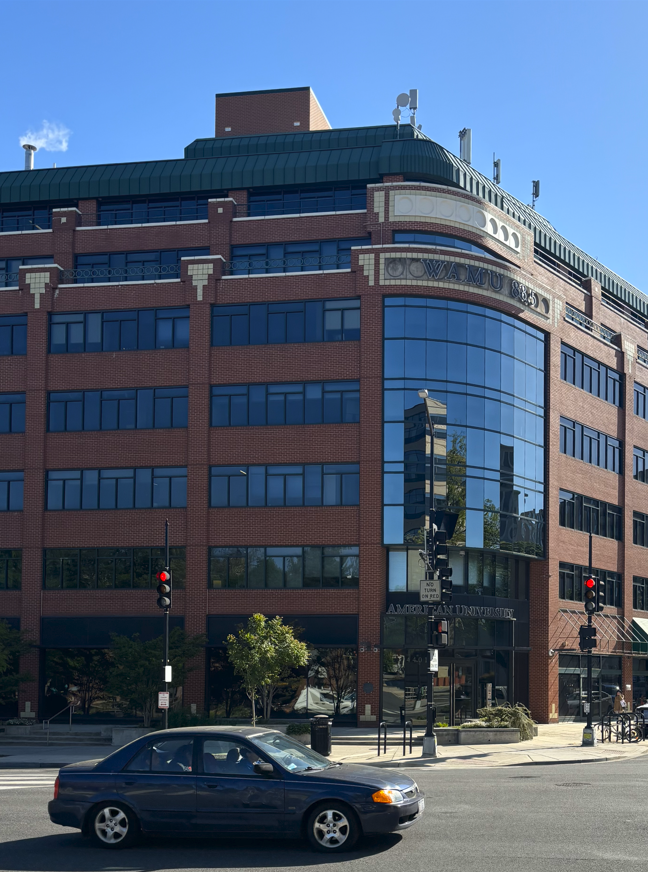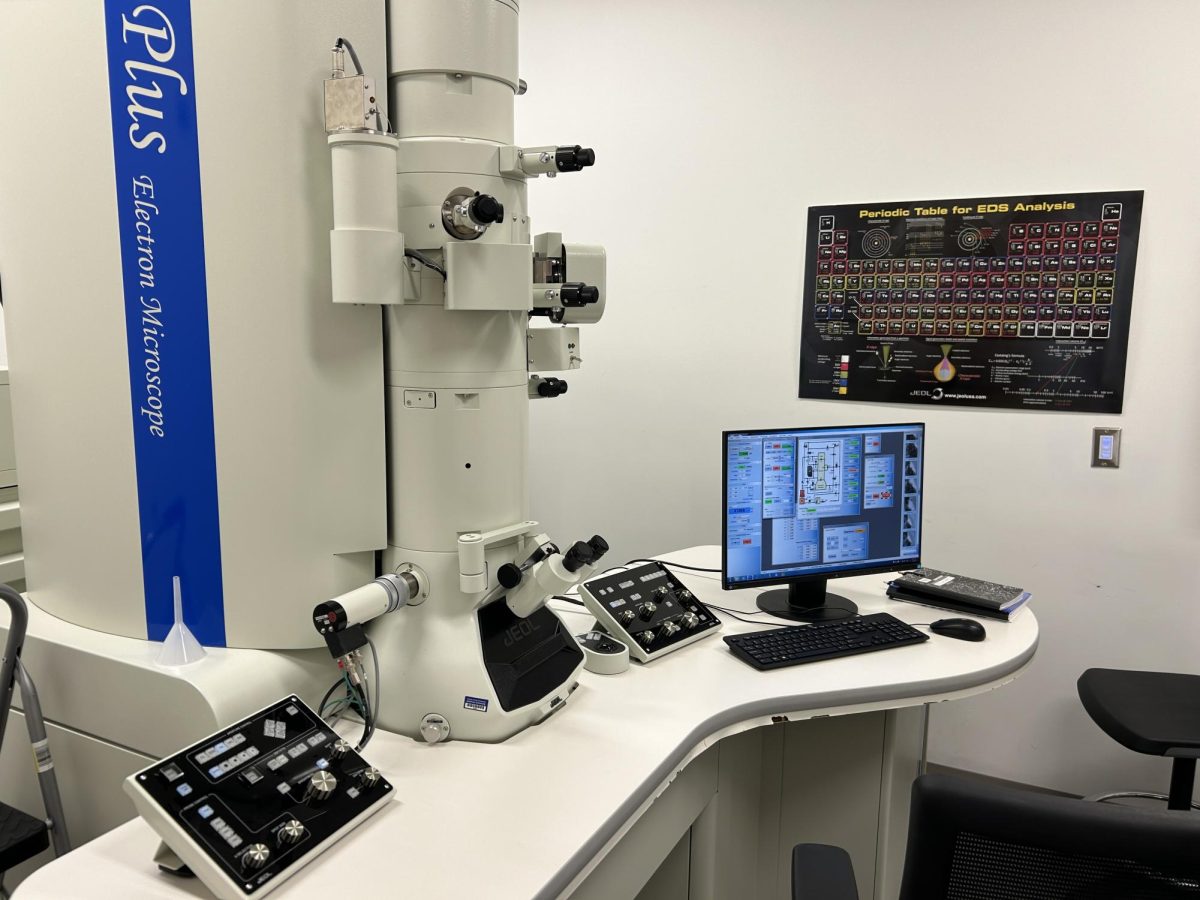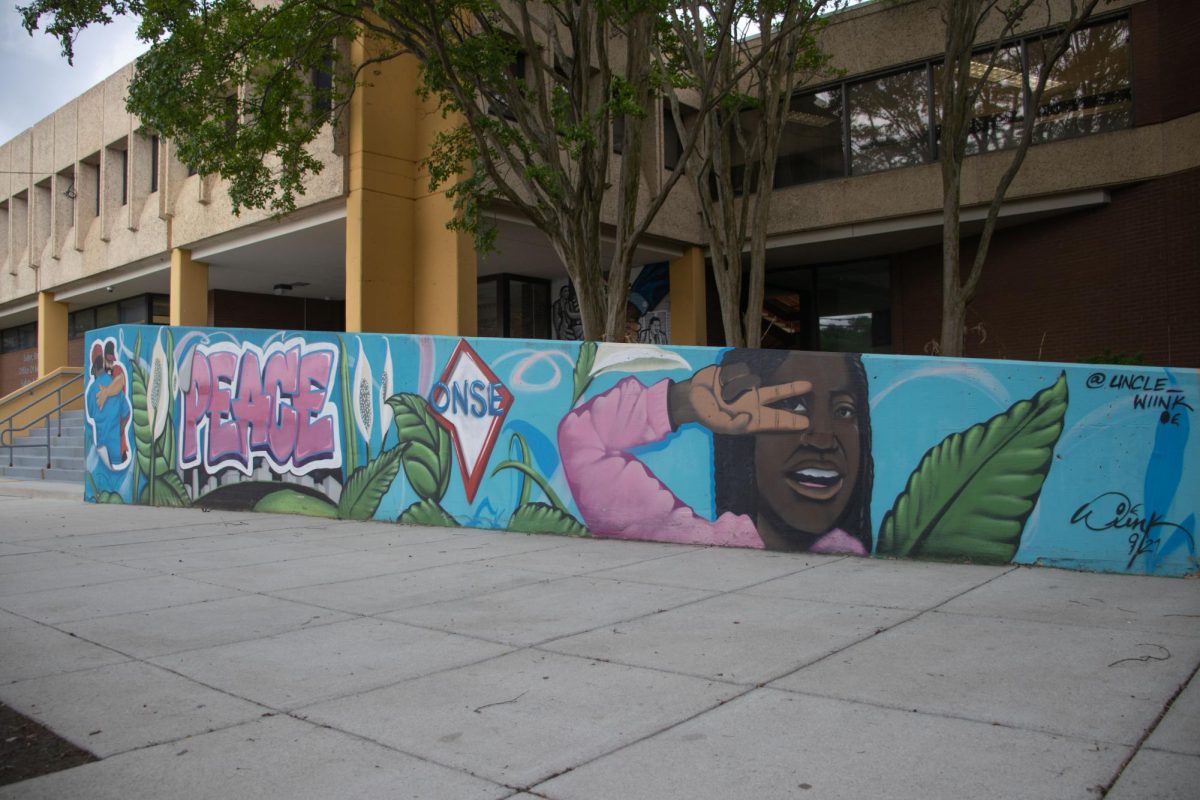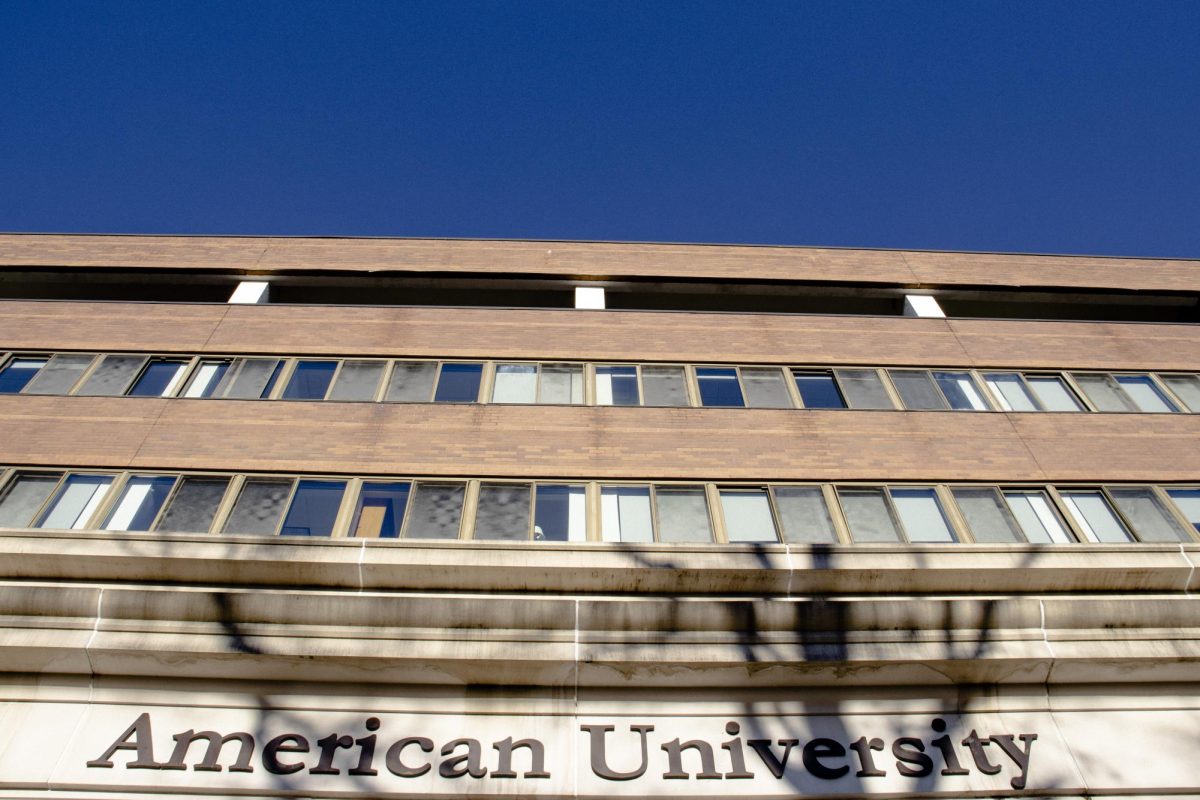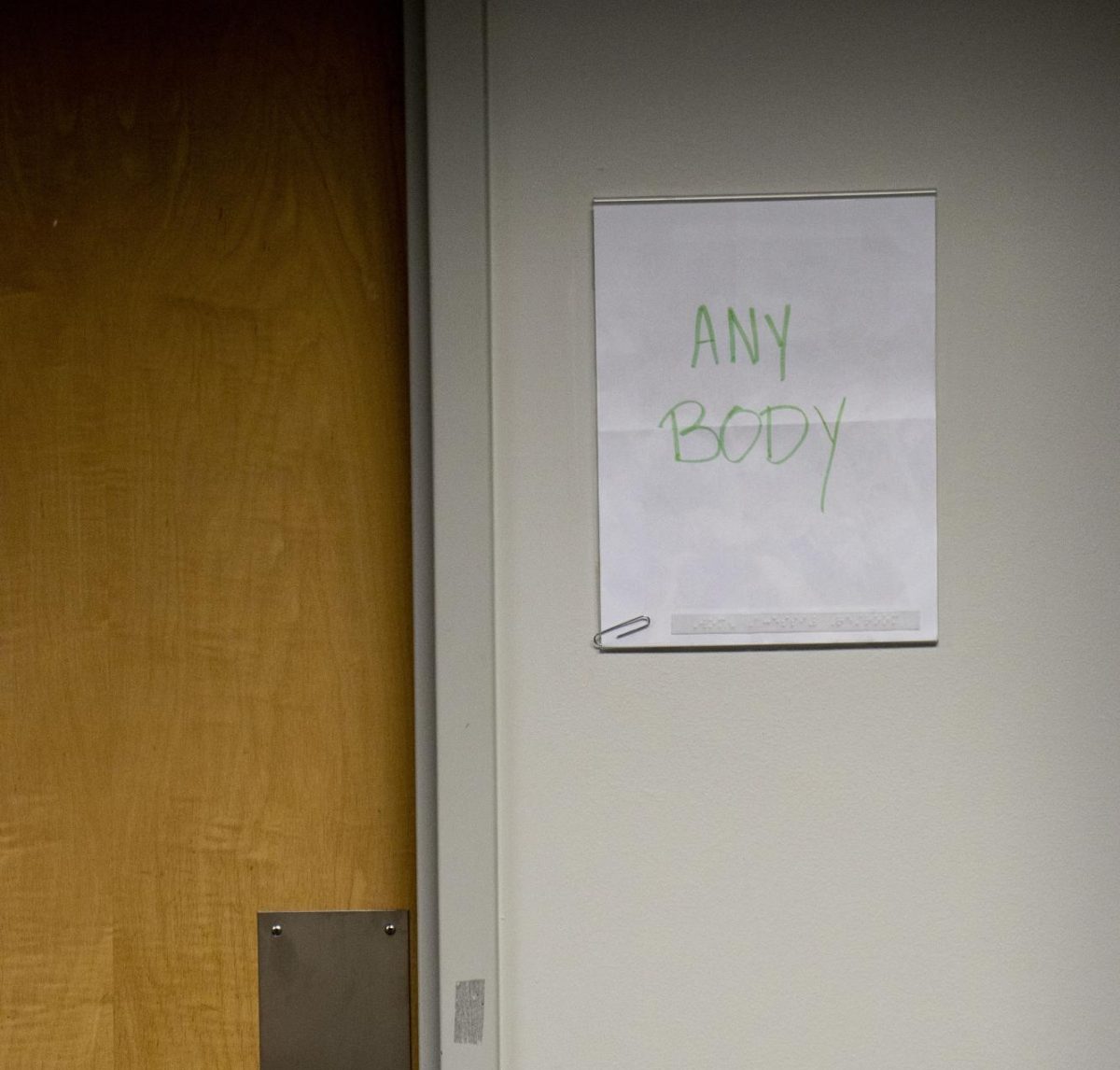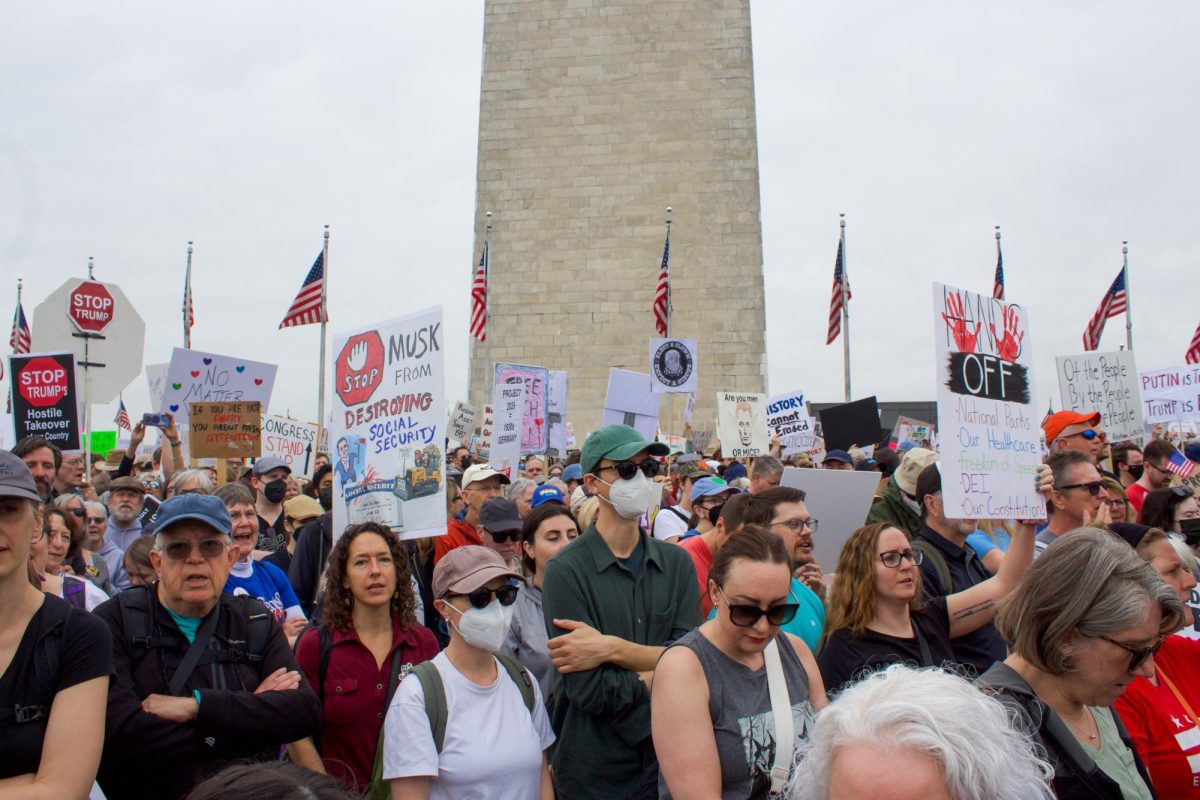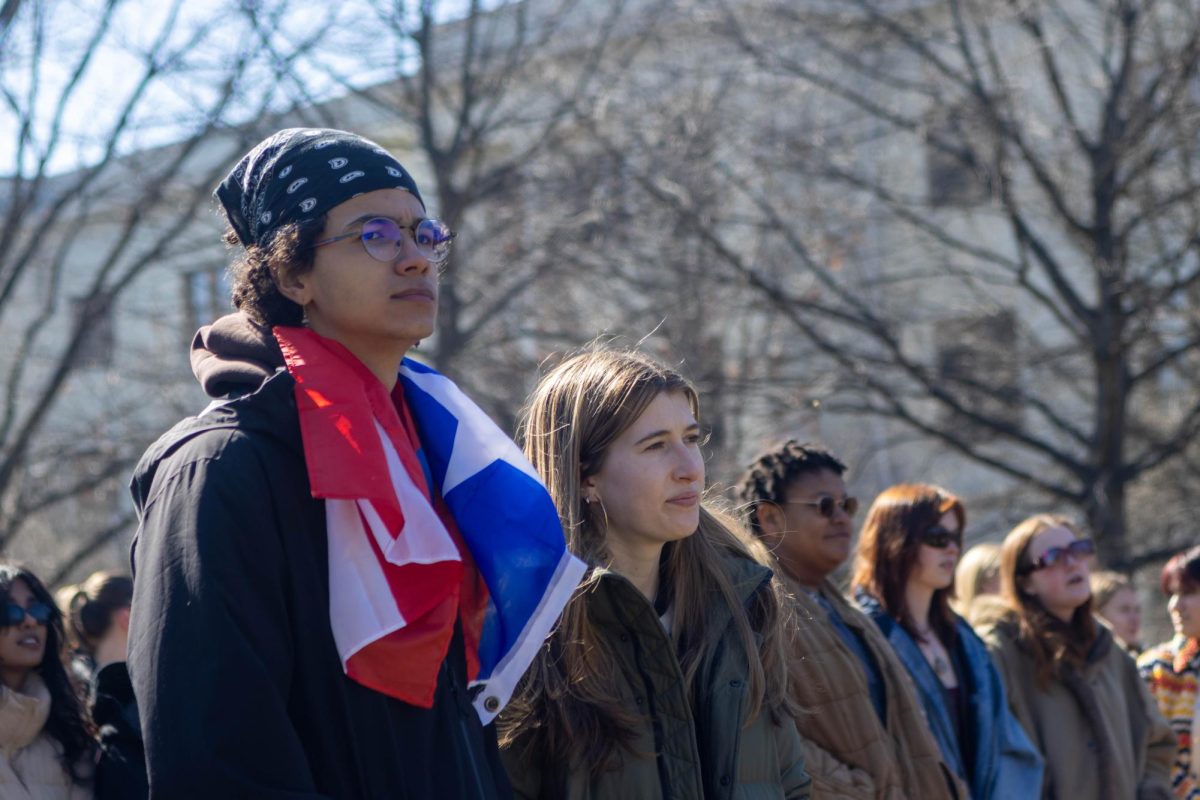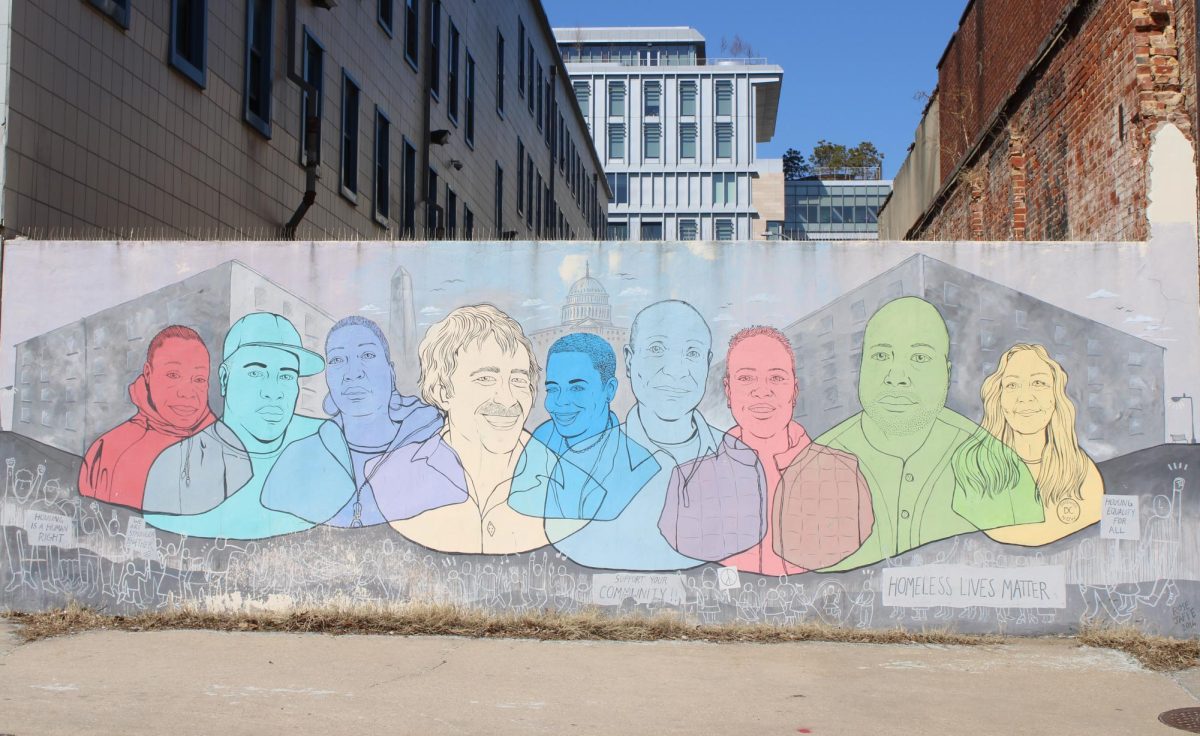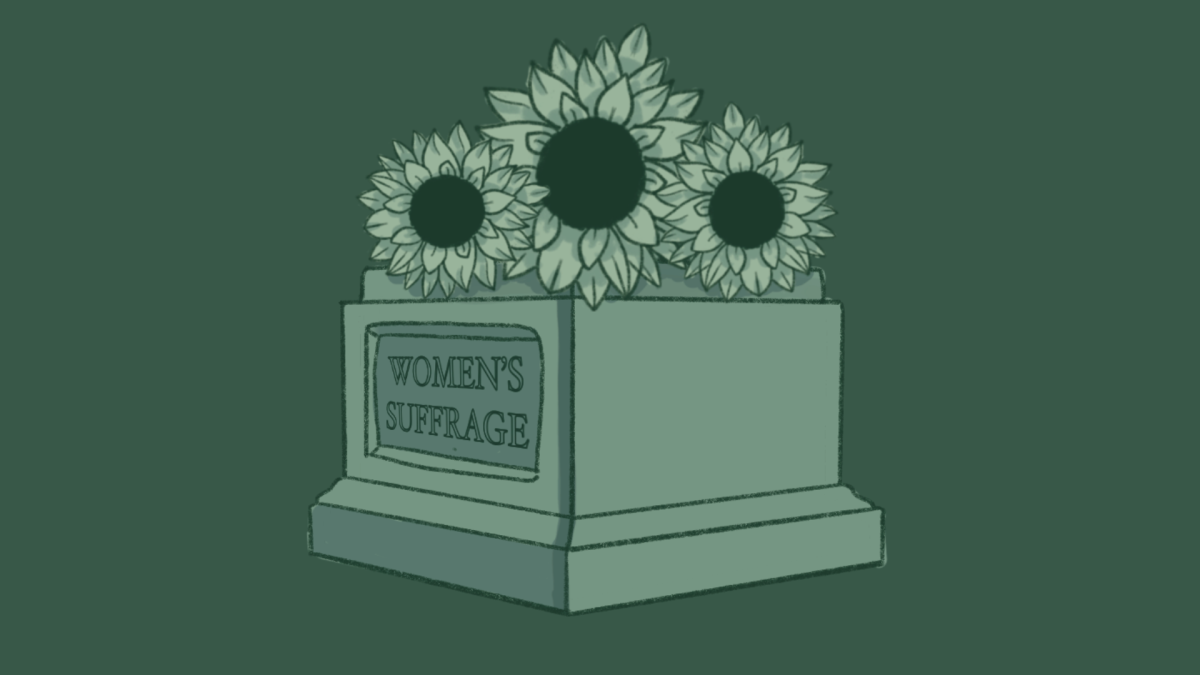Journalists and community members said they were upset and outraged after the local news organization DCist was shut down by its parent company WAMU, which is owned by American University, in February.
Martin Austermuhle, who was editor-in-chief of DCist from 2011 to 2013, said he was upset to see DCist shut down because of the organization’s role in local news. Laying off journalists and closing down DCist, as WAMU did, is not something that should be done lightly, Austermuhle said.
“This isn’t just a story about media finances going wrong,” Austermuhle said. “This is a story about mismanagement, in my opinion. And I think it’s a story of abuse of the public’s trust, and it’s a story of WAMU management and the university at large not recognizing that they have a bigger role to play.”
When radio station WAMU 88.5 shut down DCist, 15 employees were left without jobs, according to a Feb. 23 Axios article.
The shutdown and layoffs intend to allow WAMU to expand their audio journalism, according to WAMU General Manager Erika Pulley-Hayes in a Feb. 26 WAMU press release, where the announcement was first made. WAMU will also develop a new show about the Washington area as part of the changes, according to the February press release.
Carol Wilkerson, assistant vice president for Communications and Media Relations at American University, denied AWOL an interview with Pulley-Hayes.
DCist covered critical topics about the community such as local housing issues, immigrant communities and criminal justice. The layoffs resulted in a loss of these essential beat reporters, Austermuhle said.
After Austermuhle left his role as editor-in-chief in 2013, he continued to write and report for WAMU until August 2023. He said he still knows many people who worked at DCist before the shutdown. He said DCist employees were aware of the financial struggles the organization faced, but didn’t know about the layoffs and shutdown before they happened.
“We never saw layoffs carried out this way, carried out this extensively – carried out this quickly,” he said. “And I think part of the shock was how it was done.”
Elizabeth Deal, the assistant vice president for Community and Internal Communication, said in an email that over the past year, WAMU has been focusing on its next steps forward. While it will remain committed to providing news to the Washington community and the world, WAMU has taken on a renewed focus to audio-first storytelling, she said.
WAMU, which is licensed by AU, bought DCist in 2018 after the newspaper declared bankruptcy, according to a WAMU press release. Deal said the decisions concerning WAMU are not connected to AU’s budget and are decided based on a variety of other factors related to the station.
“Decisions about WAMU’s operations and finances, like other public media institutions, are based on the station’s performance, strategy, and philanthropic and community support,” Deal said.
DCist’s website archives were also shut down from Feb. 23 until Feb. 28, when the site started showing published articles, according to Wayback Machine archives. During those five days, readers attempting to access the website were redirected to WAMU’s website.
The archives will remain open to the public for the following year as WAMU actively searches for a long-term home for the DCist archives, according to a Feb. 28 WAMU article.
Wesley Lowery, executive editor of the Investigative Reporting Workshop at AU, said the decision was framed as a strategic journalistic decision when it was actually based on long-term economic viability. Part of the backlash from the shutdown came from the way the decision was framed in official statements to both the public and to the staff, he said.
“I certainly understand the economic challenges at this moment, and we’re seeing significant cuts across our industry and frankly in public radio as well,” Lowery said.
Lowery said WAMU should have explained the economic reasons more to provide the public and staff a better understanding of the decision to close DCist.
When the decision to shut down DCist was announced, AU students and staff emailed academic faculty expressing anger about the decision, Lowery said. In turn, he said, faculty had to defend a decision they were not consulted on and had no knowledge about.
“Some of the leading donors to the college of communications and some of our most prominent alumni immediately announced they would not be giving money anymore to us,” Lowery said.
He said DCist was one of the few organizations that covered the district as its primary focus. With it gone, there are few journalists and journalistic resources left which are devoted to covering local news in the Washington area, he said.
“Ultimately the loser in all of this is the public,” Lowery said. “We have fewer people providing less information to the public and that hurts all of us, that hurts all of our local communities, it hurts our democracy at large.”
Lowery said DCist was one of the local news publications that prioritized reporting on topics that other publications in the area do not.
“While you might think that there are a million media outlets, and they are stationed in D.C., they’re not necessarily going to school board meetings or not going to local zoning meetings and things like that,” he said.
Jay Jennings, a research scientist at the Cline Center for Advanced Social Research at the University of Illinois, said the journalism world is still facing changes. Every few years, he said, there are new issues such as publications going online-only or cuts to newsrooms like DCist.
“In D.C., it’s interesting because you can imagine that some neighborhoods might just not get coverage at all,” said Jennings.
Despite that, Jennings said there will always be a need for journalists.
“I don’t think there’s any reason to believe that journalists won’t be important in the future, and we should focus on finding ways to create quality journalism – regardless of AI or anything else,” he said.


